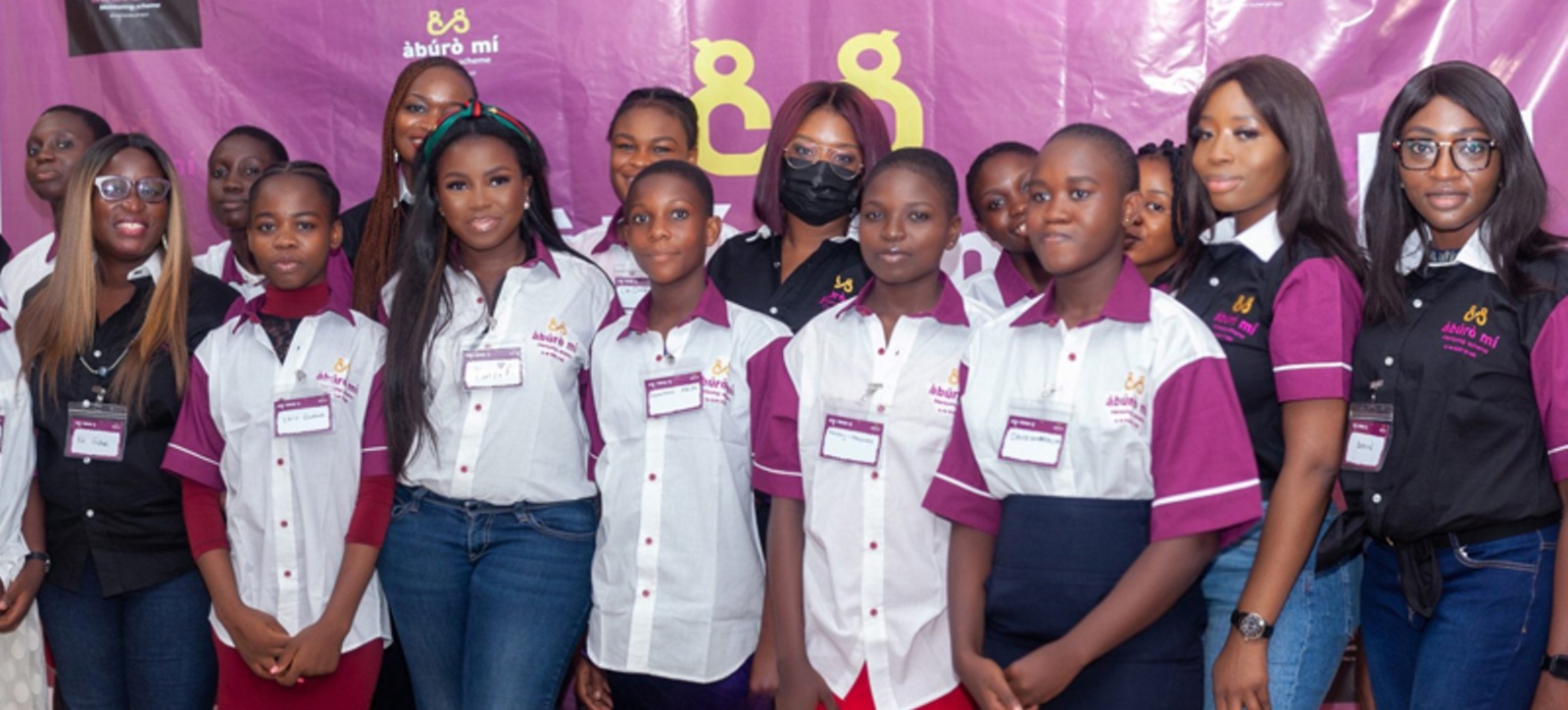
Kemi Adetu's GLOW UP charity is helping disadvantaged young women across the world.
“When a strong woman succeeds, she empowers other women to grow, thereby creating a path to prosperity,” says Kemi Adetu, founder of GLOW UP.
As a global charity, GLOW UP (Girls Ladies Orphans Women United for Progress) is devoted to supporting orphaned females aged 10 to 25.
It focuses on education, health and wellbeing, and nutrition to transform disadvantaged young women into the business leaders of tomorrow.
MSc Management alumna Kemi graduated in 2014 after securing a Warwick Business School MSc Scholarship.
Kemi, 31, said: “I learnt valuable skills at WBS, and most importantly the knowledge required to start a new venture, which I was able to apply when I got the passion to start my non-profit.
“My experience at WBS inspired me to make a difference in the world, and to pursue audacious goals. I also made very useful connections on campus that have been instrumental to my growth as a founder, philanthropist, and business leader.”
How can underprivileged children become successful adults?
“GLOW UP’s long-term vision,” said Kemi, “is to create a pipeline of young female leaders who are equipped, qualified, and empowered to secure the best opportunities. That includes scholarships to universities, internships, and funding for their businesses; ultimately thriving as successful corporate professionals and entrepreneurs.”
To achieve this Kemi hosts various free events for orphaned girls and young women, such as development workshops, conferences, and company visits.
The aim is to help young women aspire to and achieve corporate careers across a wide range of business sectors that were traditionally believed to be out of their reach.
She also offers mentoring programmes to provide the networking opportunities, career direction, expert insight necessary to succeed in various fields of business and entrepreneurship. Each programme includes mock job interviews and CV and cover letter writing .
Kemi’s initial vision for change was first sparked by her upbringing.
“I grew up as a Pan-African, living and schooling in Nairobi, Accra, and Lagos,” said Kemi. “Spending my formative years in Africa exposed me to the constraints and expectations of women in a predominantly patriarchal society.
“The challenge of every African girl trying to chase their dreams is a lack of confidence and self-worth. Women were made to feel unempowered, unappreciated, unopinionated - marriage was our calling and meekness our character.
“I always had a wish, even if nothing more than a wish at that time, to make steps towards changing this.”
Relocating to London, then New York, confirmed Kemi’s suspicions that such inequalities were rife across the globe.
“Working as a double-minority in a competitive field in Europe and North America exposed me to inequalities such as a lack of sponsorship and underrepresentation at senior levels.”
How can charity help business?
Having acquired the necessary skills, knowledge, and experience, Kemi sought to channel her help to those facing the most challenging starts in life.
“I decided to focus on female orphans after conducting some research which made for grim reading,” said Kemi. “Due to the abandonment, neglect or loss of a parent or parents from a young age, these girls face unique challenges that often lead to insecurities, low self-esteem and ultimately despair.
“They often struggle to fit in to society – data rarely shows these girls excelling in the educational system, progressing to secure top jobs, or gaining recognition as successful entrepreneurs. I wanted to change that.”
UNICEF estimates there are 153 million children worldwide that are orphans, ranging from infants to teenagers, who have lost one or both of their parents. Nearly 13 million orphans who have lost both parents are now living in orphanages or on the streets.
These children face enormous challenges to their health and development. An estimated 95 per cent do not receive any type of medical, emotional, social, material, or educational assistance.
It is imperative that projects like Kemi’s grow and multiply.
When she first launched GLOW UP in December 2018 the team consisted of herself, her two siblings, and three of her friends.
Today, GLOW UP enjoys a thriving community of hundreds of volunteers across the globe.
For any budding entrepreneurs, or even those striving to emulate an organisation like GLOW UP, Kemi offers her top tips:
“Pursue those ‘ridiculous’ dreams, embrace change, and always make your personal growth a priority. Oh, and when you get there – don’t forget to give back!”




 X
X Facebook
Facebook LinkedIn
LinkedIn YouTube
YouTube Instagram
Instagram Tiktok
Tiktok